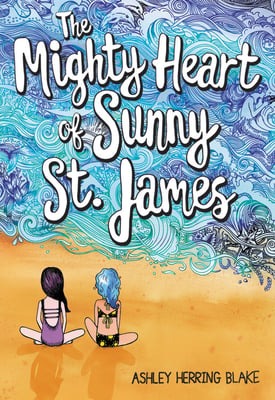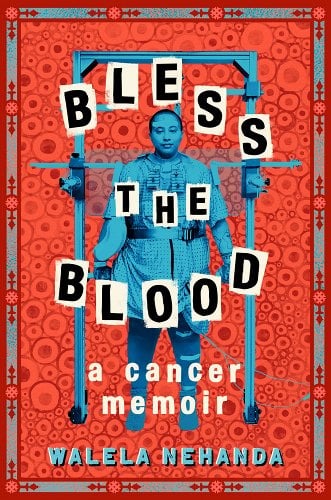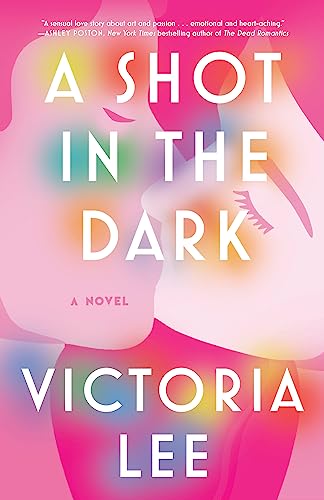Buy this from Bookshop.org to support local bookstores and the Lesbrary! Sunny St. James has a new lease on life. In her case, this is literal after she receives a heart transplant and finally, finally has a chance to have something close to a normal summer. Swimming in the ocean, staying up late to watchRead More
A Memoir of Medical Bias—Bless the Blood: A Cancer Memoir by Walela Nehanda
Buy this from Bookshop.org to support local bookstores and the Lesbrary! Bless The Blood: A Cancer Memoir is a striking book that gets under your skin and stays there for days afterward. Though billed as a YA book, the writing and story hold a depth of feeling and insight that will engage far older readers, too.Read More
A Sweet Middle Grade Coming-of-Age: Ivy Aberdeen’s Letter to the World by Ashley Herring Blake
Buy this from Bookshop.org to support local bookstores and the Lesbrary! Ivy Aberdeen’s life was already chaotic between her newborn twin brothers, her older sister’s odd behavior, and Ivy struggling with her own confusing feelings for girls that she can’t quite name. But then her family home is swept away by a tornado and Ivy’sRead More
A Queer M/F Romance of Healing and Reconciliation: A Shot in the Dark by Victoria Lee
Bookshop.org Affiliate Link This novel is a masterful exploration of various themes, ranging from consent and communication during intimate moments to faith, substance abuse, and power dynamics. The author’s ability to delve into these topics with depth and sensitivity truly impressed me. The novel shines in its approach to consent and communication during sexual encounters.Read More
Elinor reviews How to Grow Up by Michelle Tea
My wife and I are currently trying to buy a house, which is surreal, and it’s made me wonder about what it means to be–or feel like–an adult. Like magic, I found a copy of Michelle Tea’s latest memoir on that very topic. Since I’m a fan of Tea’s other writing, I picked it up.Read More


